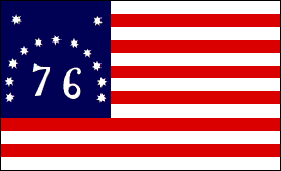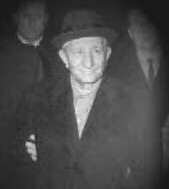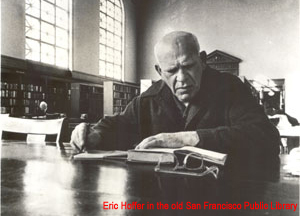Religious liberty and a thriving religious culture are defining attributes of the United States, characterizing the American order as much as its political system and market economy.[1] From the earliest settlements of the 17th century to the great social reform causes led by religious congregations in the late 19th century and again in the 20th century, religion has been a dominant theme of American life.
U.S. Historical Documents-A Chronology
The Magna Carta
1215: JOHN, by the grace of God King of England, Lord of Ireland, Duke of Normandy and Aquitaine, and Count of Anjou, to his archbishops, bishops, abbots, earls, barons, justices, foresters, sheriffs, stewards, servants, and to all his officials and loyal subjects, Greeting.
KNOW THAT BEFORE GOD, for the health of our soul and those of our ancestors and heirs, to the honour of God, the exaltation of the holy Church, and the better ordering of our kingdom, at the advice of our reverend fathers Stephen, archbishop of Canterbury, primate of all England, and cardinal of the holy Roman Church, Henry archbishop of Dublin, William bishop of London, Peter bishop of Winchester, Jocelin bishop of Bath and Glastonbury, Hugh bishop of Lincoln, Walter Bishop of Worcester, William bishop of Coventry, Benedict bishop of Rochester, Master Pandulf subdeacon and member of the papal household, Brother Aymeric master of the knighthood of the Temple in England, William Marshal earl of Pembroke, William earl of Salisbury, William earl of Warren, William earl of Arundel, Alan de Galloway constable of Scotland, Warin Fitz Gerald, Peter Fitz Herbert, Hubert de Burgh seneschal of Poitou, Hugh de Neville, Matthew Fitz Herbert, Thomas Basset, Alan Basset, Philip Daubeny, Robert de Roppeley, John Marshal, John Fitz Hugh, and other loyal subjects:
Milton Friedman-Free To Choose
The legendary PBS TV series “Free to Choose” (1980) by Nobel Prize-winning economist Milton Friedman is now available on Google Video for free (by courtesy of the Palmer R. Chitester Fund).
“The Road To Serfdom”-
F.A. Hayek
Finally, here is an edition of Road to Serfdom that does justice to its monumental status in the history of liberty. It contains a foreword by the editor of the Hayek Collected Works, Bruce Caldwell. Caldwell has added helpful explanatory notes and citation corrections, among other improvements. For this reason, the publisher decided to call this “the definitive edition.” It truly is.
Adam Smith(1723-1790)
With “The Wealth of Nations” Adam Smith installed himself as the leading expositor of economic thought. Currents of Adam Smith run through the works published by David Ricardo and Karl Marx in the nineteenth century, and by John Maynard Keynes and Milton Friedman in the twentieth.
Crony Car Capitalism
Several recent revelations bring home just what a cesspool of crony capitalism the American auto industry has become. The Obama administration and the UAW (Obama’s major financial and political supporter) are running the show.
Upton flips a switch on CFL bulbs
Three years after he led the charge to require consumers to ditch their comfortable old incandescent lights in favor of those twisty CFL bulbs, Rep. Fred Upton now wants to be the man to help undo that law as the next chairman of the House Energy and Commerce Committee.
That about-face is not unique among lawmakers looking to atone for stances they’ve taken over the past decade as they seek to gain top posts in a decidedly more conservative Republican Congress, but his reversal underscores how intent the GOP is on proving it has broken with past practices.
Capitalism—Minus the Cronies
The revelation that the American taxpayer is now the World’s Banker of Last Resort, as revealed by the new FinReg bill (yet another assault on real, as opposed to crony capitalism), means Americans must face the disturbing reality that our national sovereignty is being completely undermined. And those undermining it have only one over-riding loyalty: a level of naked self-interest beyond anything the world has ever witnessed.
Eric Hoffer
Former migratory worker and longshoreman, Eric Hoffer burst on the scene in 1951 with his irreplaceable tome, The True Believer, and assured his place among the most important thinkers of the twentieth century. Nine books later, Hoffer remains a vital figure with his cogent insights to the nature of mass movements and the essence of humankind.
Of his early life, Hoffer has written: “I had no schooling. I was practically blind up to the age of fifteen. When my eyesight came back, I was seized with an enormous hunger for the printed word. I read indiscriminately everything within reach—English and German.








